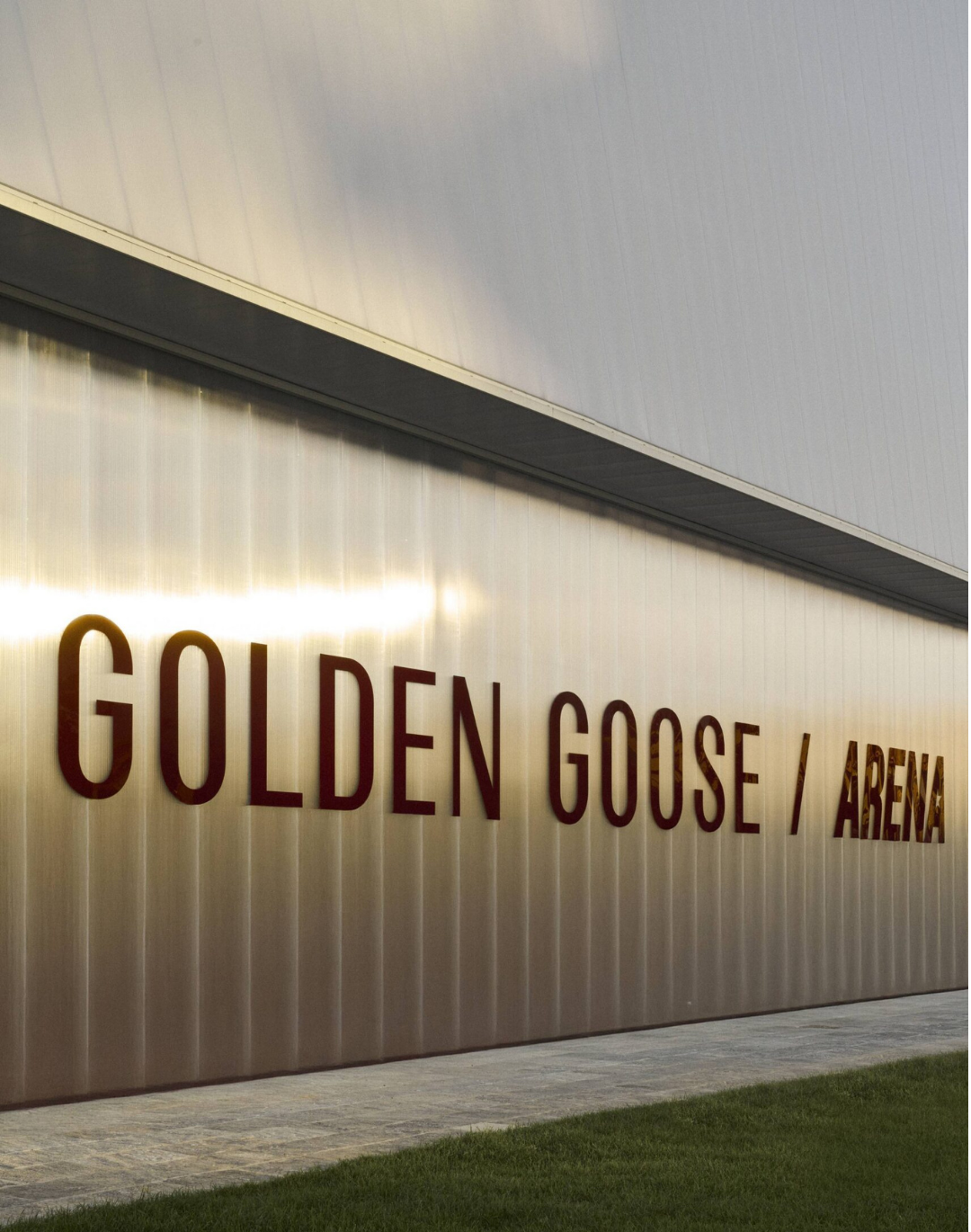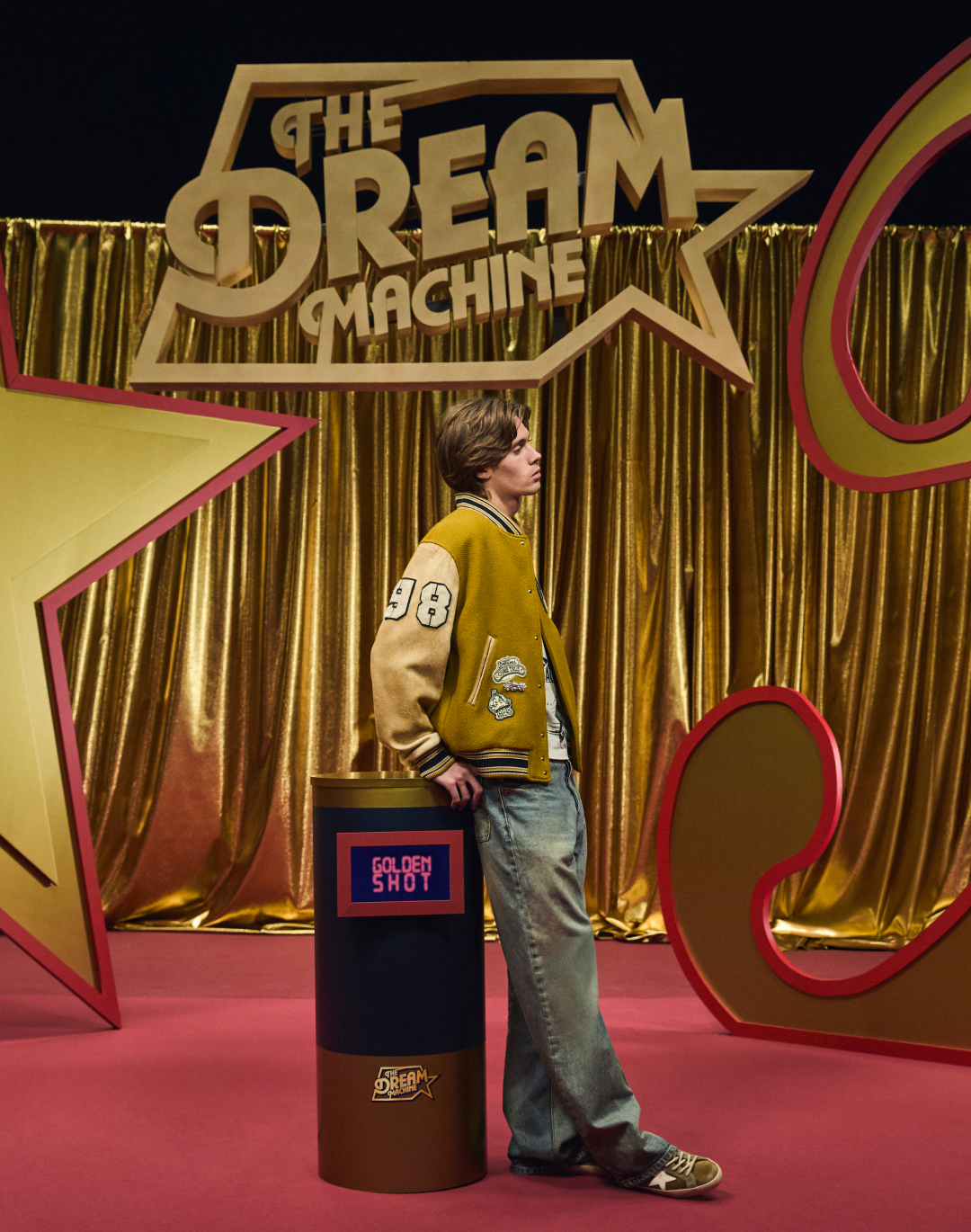
Why Golden Goose postponed its IPO It has to do with the election round that has involved the whole world raising insecurities
During the FN Summit in New York, Silvio Campara, CEO of Golden Goose, discussed the postponement of the company’s IPO, which many observers saw as a sign of changing times for the industry. "The financial market and the real world are quite disconnected," Campara said, emphasizing how elections in France, the United Kingdom, and the United States create uncertainty, leading to the decision to postpone. "Elections are freezing the world for the next few months, and we are waiting for a much more calm and steady market scenario to go public," he added. Golden Goose's IPO, initially set for June 18 on Euronext Milan, was postponed due to volatile market conditions. Campara also highlighted the company's focus on experiential marketing and customer retention in the United States. He explained, "It’s quite easy to do customer acquisition but very difficult to maintain retention. When we first invested in customer acquisition on Google years ago, it would cost $24 a customer in the U.S., and now it’s $78 a customer in the U.S. — which even comes with a low retention rate." To address these challenges, Golden Goose invested 10 million euros in the Haus of Dreamers in Venice and the Forward store concept. These stores offer a complete customer experience, from purchase to shoe repair and recycling. Campara also mentioned the new Younique café store concept, starting with a successful launch in Bangkok, driven by the growing coffee culture in Asia.
Elections have a significant impact on financial markets, creating uncertainty that influences stock prices and investor sentiment. According to The Guardian, for example, after Labour’s decisive victory in the UK, the FTSE 100 and FTSE 250 increased by 0.4% and 1.8%, respectively, reaching a high point that signaled stability in British politics with housing stocks collectively up by 2.3% due to Labour's promises to build 1.5 million new homes and reform planning rules. And according to Kathleen Brooks, research director at XTB: "The focus now will quickly shift to Sir Keir Starmer’s first 100 days in office, and how he lays out his economic plans to boost growth while improving public services." According to Bloomberg, the recent French parliamentary elections have created a cautious climate in financial markets. This uncertainty has already impacted the French CAC 40 Index, making it the worst performer among major European stock indexes since Macron called for snap elections. The recent first round eased some concerns about a far-right government, causing a rally in stocks and a reduction in market stress. For Helen Jewell of BlackRock Inc., corporate earnings in France are likely to be more protected than the market currently assumes, making this a good time to invest in quality companies, especially in the luxury goods and aerospace and defense sectors.
In summary, as seen from both Campara's words and the general sentiment in financial circles, the fact that the entire 2024 is full of elections in various key markets, especially in America, creates a series of uncertainties and potential risks that investors simply do not want to encounter.















































